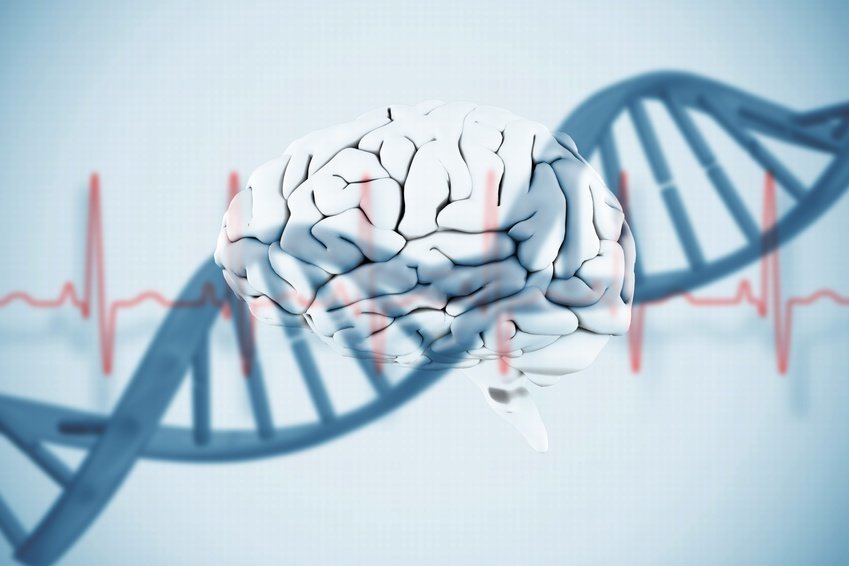Amongst men, testosterone is one of the most spoken and thought about hormones. It’s the subject of much curiosity and misunderstanding and the scapegoat for that aggressive guy at the bar. It’s responsible for muscle-building and sex drive; and men shudder at the thought that their T levels may not be up to scratch.
The reasons for differences in testosterone levels from man-to-man have long been debated across weight racks and doctor’s desks. But a new study has shed light on why you might have low or high T. The study published in Nature Ecology and Evolution found that men’s testosterone levels are determined by environmental conditions experienced in early childhood rather than genetics or race, a popular belief.
The Low Down
According to the new study from Durham University, men who grew up around infectious diseases and in challenging environments are more likely to have lower testosterone levels than men who grew up in healthier environments.
The study examined men who either were; born in Bangladesh and still lived there, born in Bangladesh and then moved to the UK as children, born in Bangladesh and then moved to the UK as an adult, born in the UK with parents who were born in Bangladesh and born in the UK who were ethnic Europeans.
The men who grew up and lived as adults in the UK had much higher levels of testosterone compared to those who grew up and lived in Bangladesh as adults. The researchers contribute this to the fact that in more challenging environments such as Bangladesh, men’s energy is expelled on fighting infections because they are more exposed to disease and may have poorer nutrition. There are more demands placed on the body in challenging conditions, so developing males spend their energy on survival at the cost of testosterone levels.
So What?
Although the effects of having low testosterone are often emphasised because they impact your sex drive, muscle growth and mood; high testosterone levels pose some serious health threats. If you have high testosterone levels you’re at an increased risk of an enlarged prostate and cancer. It’s also linked to increased muscle mass and aggression.
“Very high and very low testosterone levels can have implications for men’s health and it could be important to know more about men’s childhood circumstances to build a fuller picture of their risk factors for certain conditions or diseases,” said co-author Professor Gillian Bentley.
This means that when men are screened, their childhood environments need to be taken into account.
What Now?
Do an audit of your lifestyle and your environment as a child. This could give you insight into what your testosterone levels may be like. But this will be subjective. A more objective way? If you’re concerned, look out for symptoms or get checked out by a doctor.
Signs of Low T: decreased sex drive, shrinking muscles, smaller penis, increasing belly, faltering memory, tanking mood or weaker bones.
Signs of High T: low body fat, increased aggression, very high sex drive, acne or shrinking testicles.
If you suspect your testosterone levels may not be normal, head to your doctor. They will usually perform two blood tests before they make an official diagnosis, says Dr. Anawalt, a spokesperson for the Endocrine Society.
Written by: Kelleigh Korevaar
Fuente: www.mh.co.za
